The Young US
History
Absalom Jones
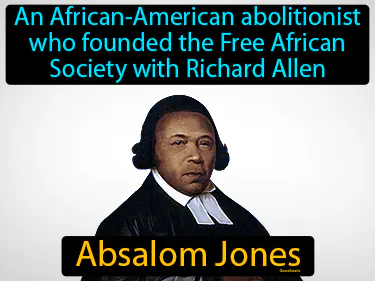
An African-American abolitionist who founded the Free African Society with Richard Allen, Absalom Jones. Absalom Jones was a key figure in American history as the first African-American priest ordained in the Episcopal Church.
Andrew Jackson
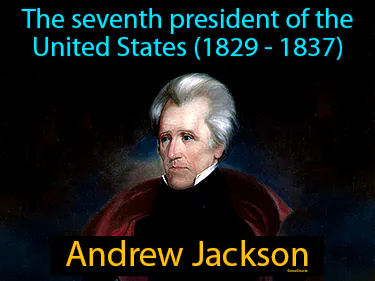
The seventh president of the United States 1829 - 1837, Andrew Jackson. Andrew Jackson was a controversial leader known for his populist approach and policies like the Indian Removal Act.
Battle of New Orleans
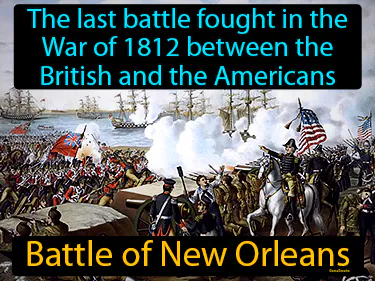
The last battle fought in the War of 1812 between the British and the Americans. Battle of New Orleans. The Battle of New Orleans was a significant American victory against the British that took place in January 1815, after the War of 1812 had officially ended.
Benjamin Banneker
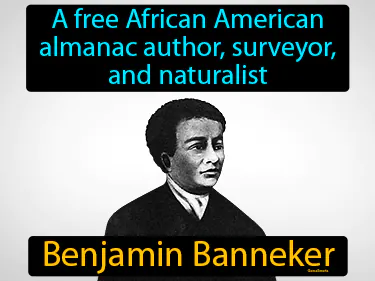
A free African American almanac author, surveyor, and naturalist. Benjamin Banneker. He was an important figure in early American history known for his work in astronomy and for helping design the layout of Washington, D.C.
Daniel Boone
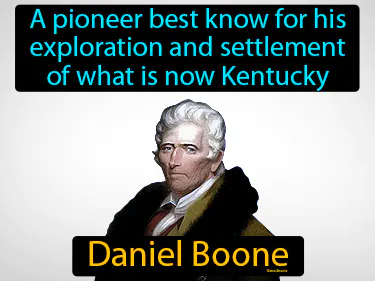
A pioneer best known for his exploration and settlement of what is now Kentucky, Daniel Boone. Daniel Boone was an American frontiersman who helped explore and settle the western frontiers during the 18th century.
Dolley Madison
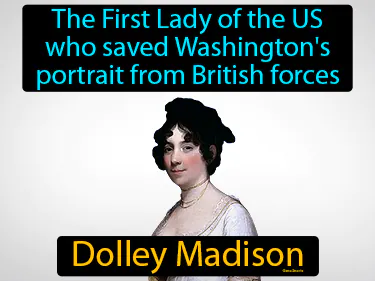
The First Lady of the US who saved Washington's portrait from British forces. Dolley Madison. She was a heroic First Lady during the War of 1812 known for preserving a key piece of American history.
Era of Good Feelings
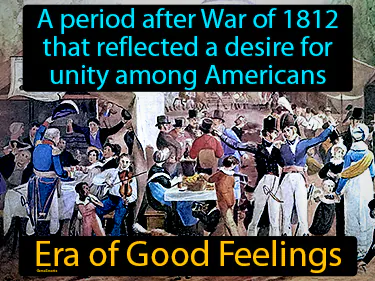
A period after War of 1812 that reflected a desire for unity among Americans. Era of Good Feelings. It was a time in U.S. history marked by national unity and political cooperation following the War of 1812.
Francis Scott Key
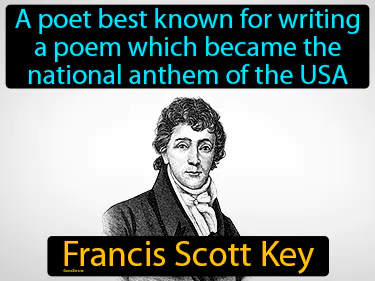
A poet best known for writing a poem which became the national anthem of the USA, Francis Scott Key. He is the author of "The Star-Spangled Banner."
Henry Clay
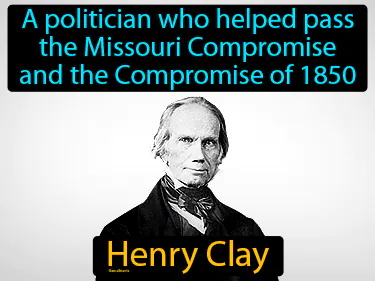
A politician who helped pass the Missouri Compromise and the Compromise of 1850 Henry Clay. Henry Clay was a U.S. statesman known for his efforts to keep the nation united during times of division.
James Madison
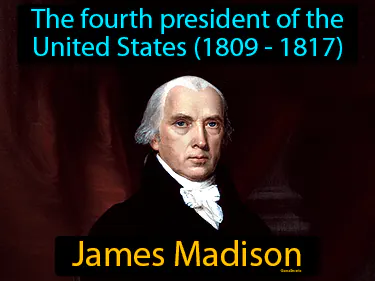
The fourth president of the United States 1809 - 1817. James Madison. James Madison is known as the "Father of the Constitution" for his significant role in drafting and promoting the U.S. Constitution and the Bill of Rights.
James Monroe
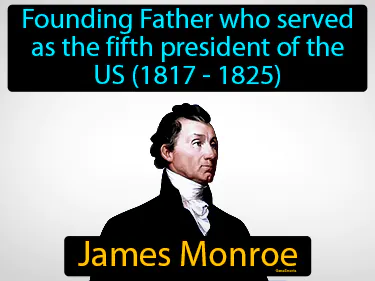
Founding Father who served as the fifth president of the US 1817 - 1825. James Monroe. James Monroe was a key figure in early American history, known for the Monroe Doctrine, which warned European countries against colonizing the Americas.
John Findley
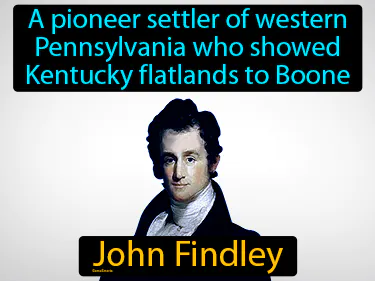
A pioneer settler of western Pennsylvania who showed Kentucky flatlands to Boone. John Findley. John Findley was a frontiersman and explorer credited with guiding Daniel Boone to the rich hunting grounds of Kentucky.
Louisiana Purchase
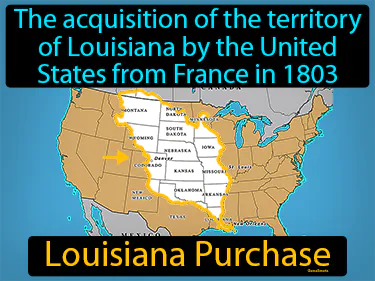
The acquisition of the territory of Louisiana by the United States from France in 1803. Louisiana Purchase. The Louisiana Purchase was when the U.S. bought a large area of land from France, doubling its size.
Meriwether Lewis
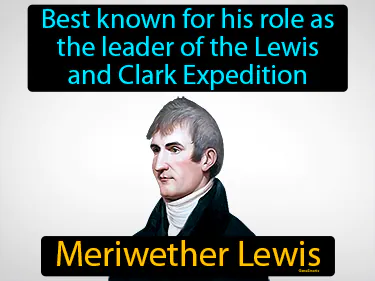
Best known for his role as the leader of the Lewis and Clark Expedition, Meriwether Lewis. Meriwether Lewis was an American explorer who helped map and explore the western part of the United States in the early 1800s.
Monroe Doctrine
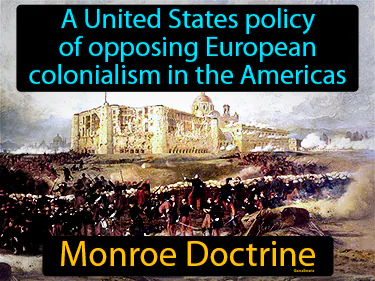
A United States policy of opposing European colonialism in the Americas. Monroe Doctrine. The Monroe Doctrine was a U.S. policy that warned European nations not to interfere in the Americas, asserting that any such action would be seen as a threat to U.S. interests.
Napoleon
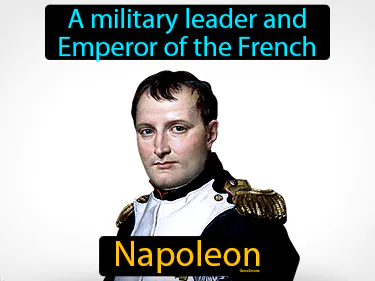
A military leader and Emperor of the French. Napoleon was a powerful ruler who expanded France's empire in the early 19th century.
neutral
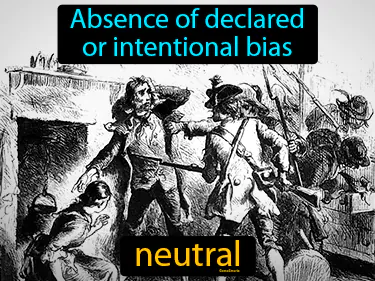
Absence of declared or intentional bias. Neutral. Neutral in History means presenting facts without taking sides or showing preference.
Oliver H Perry
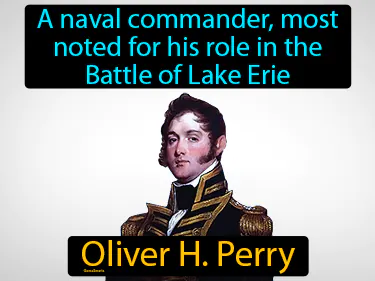
A naval commander, most noted for his role in the Battle of Lake Erie. Oliver H Perry. He was an American naval officer who secured a crucial victory against the British in the War of 1812.
Pierre L Enfant
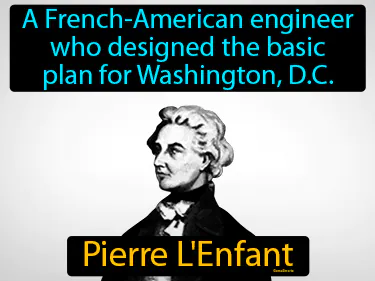
A French-American engineer who designed the basic plan for Washington, D.C., Pierre L'Enfant. He was instrumental in creating the layout of the U.S. capital city in the late 18th century.
pioneer
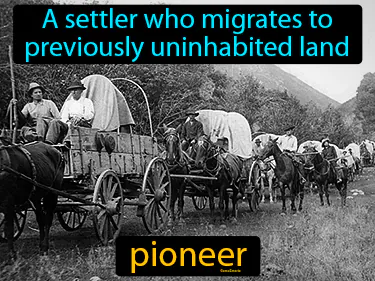
A settler who migrates to previously uninhabited land. Pioneer. In history, a pioneer is someone who explores and settles in new areas, often leading the way for others.
Sacagawea
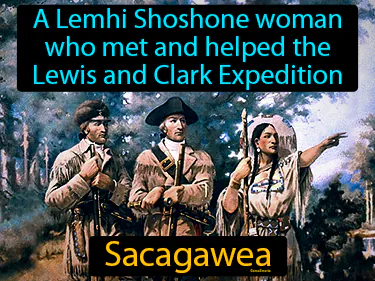
A Lemhi Shoshone woman who met and helped the Lewis and Clark Expedition. Sacagawea. She was a guide and interpreter for the expedition, significantly aiding their journey across the western United States.
Tecumseh
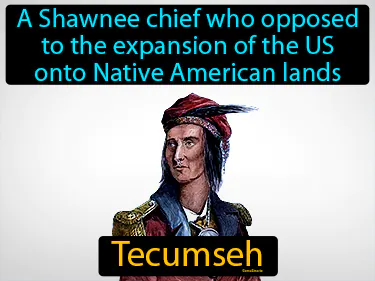
A Shawnee chief who opposed to the expansion of the US onto Native American lands. Tecumseh. Tecumseh was a Native American leader who tried to unite tribes to resist U.S. expansion.
Thomas Jefferson
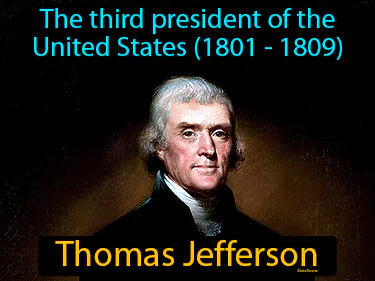
The third president of the United States 1801 - 1809. Thomas Jefferson. He was a Founding Father and the principal author of the Declaration of Independence.
War Hawks
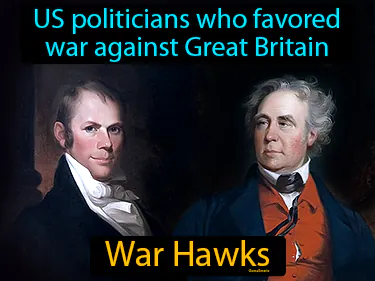
US politicians who favored war against Great Britain. War Hawks. In early 19th century American history, "War Hawks" were members of Congress who advocated for conflict with Britain, leading to the War of 1812.
War of 1812
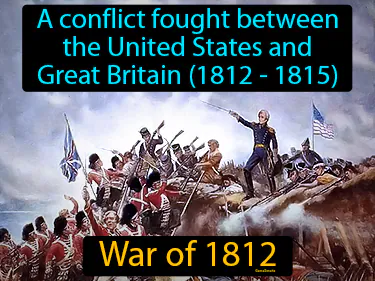
A conflict fought between the United States and Great Britain 1812 - 1815. War of 1812. It was a war over trade restrictions and territorial expansion.
William Clark
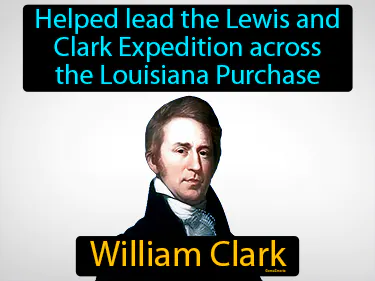
Helped lead the Lewis and Clark Expedition across the Louisiana Purchase. William Clark. He was an American explorer who co-led the exploration of the western territories of the United States.
York
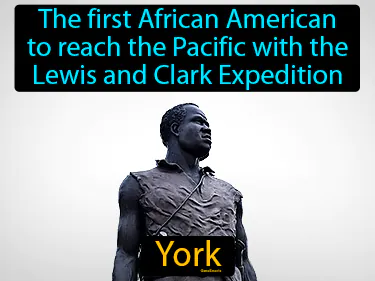
The first African American to reach the Pacific with the Lewis and Clark Expedition. York. York was an enslaved man who played a significant role in the exploration of the American West.